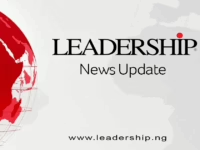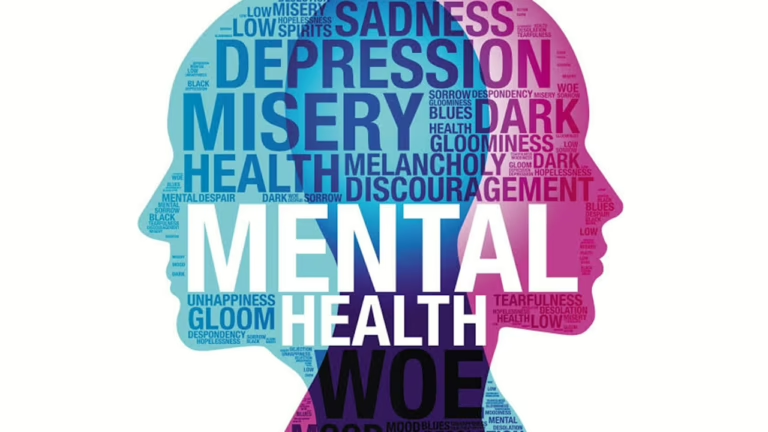With the global spotlight increasingly focused on mental health, advocates and key players in Nigeria are urging a more intentional approach to fostering emotionally safe and supportive work environments.
This appeal was a central theme at the Annual Mental Health Symposium hosted by the Mental Health With Ditty Foundation (MHWDF), under the banner “The Work Community and Mental Health.”
Adedotun Esan, founder of MHWDF, delivered a compelling presentation titled “Bridging the Gap: Understanding Workplace Toxicity and Mental Health Through Employer and Employee Lenses,” where she emphasized that workplaces extend beyond mere physical locations for economic activity-they are intricate social systems.
“The culture, communication styles, and leadership within an organization profoundly influence employee well-being and overall output. To cultivate resilient and thriving companies, prioritizing mental health is essential,” Esan stated.
Her foundation recently carried out two interrelated surveys-the Employer Survey and the Mental Health Survey-aimed at gauging leadership attitudes, workplace atmosphere, and employees‘ real-life experiences. The results uncovered recurring issues such as toxic communication patterns, bullying, excessive workloads, and inadequate emotional support, all of which detrimentally impact morale and efficiency.
Esan urged companies to start by gaining insight into their internal environment through surveys or informal feedback channels. “Without understanding the challenges employees face, providing meaningful support is nearly impossible,” she remarked.
She further advocated for the implementation of mental health first aid initiatives, training select staff members to offer immediate psychological assistance and guide colleagues toward professional resources when necessary.
“Identify naturally empathetic individuals and equip them as mental health first responders. They can serve as approachable points of contact. Additionally, employers should host regular wellness sessions and ensure that all employees are aware of available support systems,” she recommended.
Recognizing the financial barriers to mental health services, Esan revealed that her foundation is developing digital tools to enhance accessibility and affordability of mental health care.
Highlighting the significance of early intervention, she stressed the need for mental health education starting in childhood, noting that many challenges originate as early as nine years old.
“Our collaboration with schools focuses on equipping students with emotional literacy and mental wellness skills. When children feel acknowledged and understood, we can prevent many adult mental health issues from arising,” she explained.
Dr. Lilian Annomnachi, Executive Director of Technical Advice Connect, also addressed the symposium, describing the theme as “both relevant and timely,” given that employees spend over 60% of their waking hours at work.
“Workplaces are integral to our lives. When individuals are mentally healthy and content, their productivity soars. Employers must be deliberate in cultivating a non-toxic work environment,” she emphasized.
Dr. Annomnachi encouraged organizations to create safe spaces for honest conversations and to develop comprehensive policies that address mental health alongside physical health.
“Health insurance alone is insufficient. When a previously high-performing employee starts to struggle, leaders should respond with empathy rather than punishment,” she advised.
She also recommended that managers facilitate team-building exercises, relaxation activities, and routine mental health check-ins to help staff manage stress.
“Often, small gestures-showing empathy, actively listening, and fostering a sense of security-can have the most profound impact,” she added.
Echoing these sentiments, Mrs. Chika Offer, CEO of Vaccine Network for Disease Control, identified ignorance as a major obstacle in many workplaces.
“Many fail to recognize how communication, leadership approaches, and daily interactions influence mental well-being. Awareness is the crucial first step. Ignorance is no longer an option,” she asserted.
Offer pointed out that despite Nigeria’s national mental health policy, numerous organizations have yet to adopt formal mental health guidelines.
“If the nation has a policy, why shouldn’t every workplace implement it? Organizations must ensure all employees understand and apply these policies. This is key to dismantling stigma,” she urged.
Drawing a parallel to the early days of HIV/AIDS advocacy in Nigeria, she noted,
“HIV was once heavily stigmatized, but through persistent advocacy, education, and policy enforcement, stigma was significantly reduced. We can replicate this success with mental health by fostering open dialogue, advocacy, and training.”






















